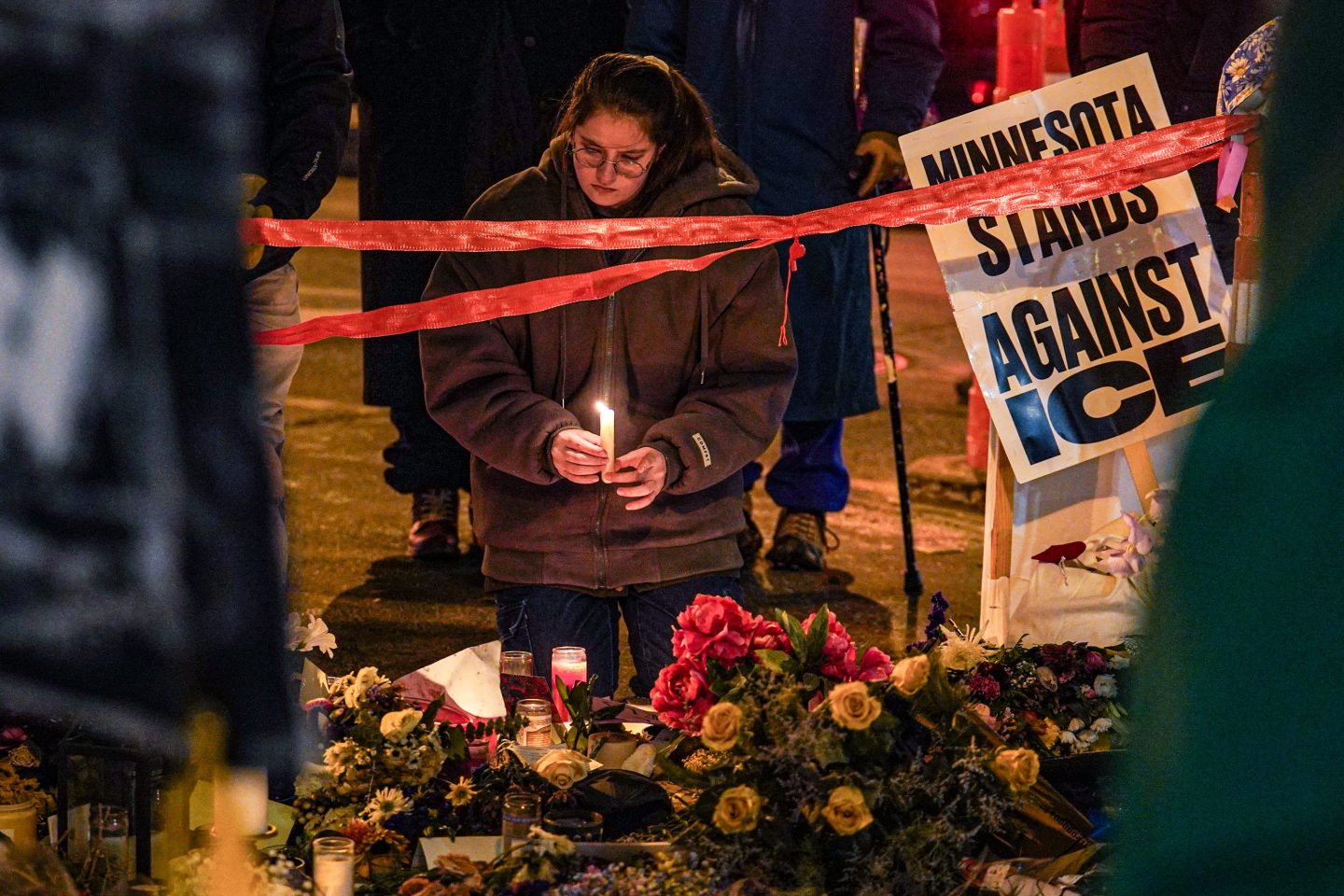The Supreme Court on Monday rejected a call to overturn its landmark decision that legalized same-sex marriage nationwide.
The justices, without comment, turned away an appeal from Kim Davis, the former Kentucky court clerk who refused to issue marriage licenses to same-sex couples after the high court’s 2015 ruling in Obergefell v. Hodges.
Davis had been trying to get the court to overturn a lower-court order for her to pay $360,000 in damages and attorney’s fees to a couple denied a marriage license.
Her lawyers repeatedly invoked the words of Justice Clarence Thomas, who alone among the nine justices has called for erasing the same-sex marriage ruling.
Thomas was among four dissenting justices in 2015. Chief Justice John Roberts and Justice Samuel Alito are the other dissenters who are on the court today.
Roberts has been silent on the subject since he wrote a dissenting opinion in the case. Alito has continued to criticize the decision, but he said recently he was not advocating that it be overturned.
Justice Amy Coney Barrett, who was not on the court in 2015, has said that there are times when the court should correct mistakes and overturn decisions, as it did in the 2022 case that ended a constitutional right to abortion.
But Barrett has suggested recently that same-sex marriage might be in a different category than abortion because people have relied on the decision when they married and had children.
Human Rights Campaign president Kelley Robinson praised the justices’ decision not to intervene. “The Supreme Court made clear today that refusing to respect the constitutional rights of others does not come without consequences,” Robinson said in a statement.
Davis drew national attention to eastern Kentucky’s Rowan County when she turned away same-sex couples, saying her faith prevented her from complying with the high court ruling. She defied court orders to issue the licenses until a federal judge jailed her for contempt of court in September 2015.
She was released after her staff issued the licenses on her behalf but removed her name from the form. The Kentucky legislature later enacted a law removing the names of all county clerks from state marriage licenses.
Davis lost a reelection bid in 2018.












